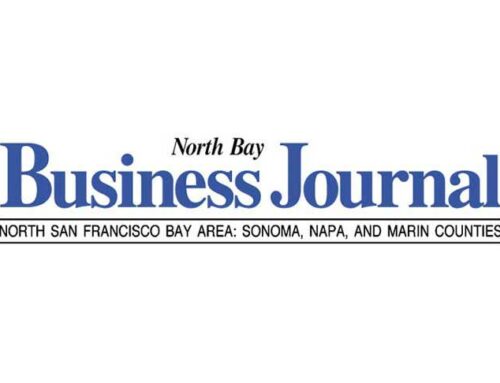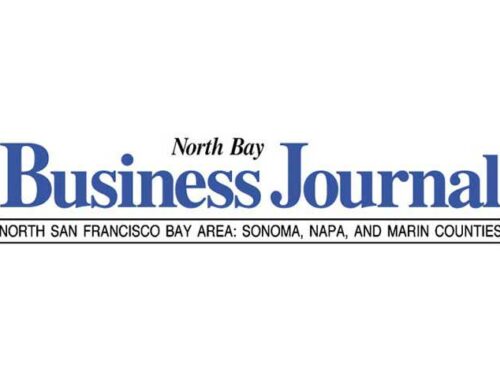North Bay Business Journal
THE NEW RETIREMENT: A PARADIGM SHIFT
Monday, July 20, 2015
BY GLORIA DUNN-VIOLIN
Shifting work policies will meet the needs of thousands of Baby Boomers who plan to retire during the next decade. New procedures will answer questions like: What happens to the lives and finances of people who retire? What if older people still want to work? Is there value in aging out employees or keeping them? How can companies help those retiring adjust to their futures, while reaping business benefits?
As companies and potential retirees grapple with these issues, answers are slowly emerging. Innovative employers are developing new programs to address this unprecedented 21st Century issue.
In a recent Towers Watson survey of 457 U.S. large and mid-size employers with retirement plans, 84 percent of the firms said they expect to increase efforts to educate employees on saving and investing over the next two or three years. Company policy decisions about retirement age, and re-employment are also being considered.
Retirement no longer implies no work. In fact, today’s 62 to 65 year-olds have the option to continue working, or enjoy a phased transition from full to part-time or project-based work. Some employees are selecting completely different vocations to satisfy unfulfilled dreams and use untapped talents.
“For most Baby Boomers, retirement is no longer a point in time at which one immediately stops working,” said Catherine Collinson, president of the Transamerica Center for Retirement Studies. “This cannot be accomplished without employers having programs and employment practices in place to facilitate it,” said Collinson.
At the same time, Steve Ulian, managing director for institutional retirement and benefit services at Bank of America Merrill Lynch, says “employers are convinced they need to do more to help employees achieve successful retirements. This help goes far beyond increasing their match for 401(k) contributions or finding investment options with lower fees.” It involves what he calls a “sea change” in employers’ willingness to provide lifestyle and broad financial advice. “Employees — there’s no other way to put this — are crying out for help,” Ulian says.
Mercer, a unit of Marsh & McLennan Companies, issued a report in April calling on employers to step up their efforts to help employees achieve better retirement outcomes. The report, “Securing Retirement Outcomes for the Employee,” spelled out seven business arguments for why employers should do more:
- They can.
- It’s the right thing to do.
- Creates greater flexibility and lower costs associated with managing the workforce.
- Enhances employee engagement and loyalty.
- Lowers asset management costs.
- The employer receives a better return on infrastructure investments already made.
- Employers address fiduciary concerns by putting a framework in place.
Programs that manage retiree’s future needs will help employees plan an active, healthy, and fulfilling life after retirement. Without direction and involvement, the results are unnecessarily dire.
A May 2013 report published by the London-based Institute of Economic Affairs found that retirement increased the chances of suffering from depression by 40 percent, while it increased the probability of having at least one diagnosed physical ailment by about 60 percent.
Gabriel Sahlgren, director of research at the Centre for Market Reform of Education and author of the IEA report, was surprised by just how much retirement undermined health. He looked at 9,000 people across 11 European Union countries and found that across borders, people suffered in the same ways and to similar degrees… two to three years into retirement, retirees’ mental and physical conditions began deteriorating.
Yet, this doesn’t have to happen.
Companies can encourage their retiring employees to engage in a variety of activities, work assignments, and volunteerism. These activities will support them in living longer and healthier lives, and fill them with meaning and purpose, work relationships, and a business structure that uses their unique contributions. Many companies work hard to implement the business and employee relation’s practices that make them a “preferred” employer. Older workers and grateful retirees will enhance that reputation.
Gloria Dunn-Violin (415-259-7090, or visit nowwhatrcoach.com) is a Certified Retirement Life Coach and Owner of HAVING A LIFE After Making a Living with over 25 years in Organizational Behavior and Development.





